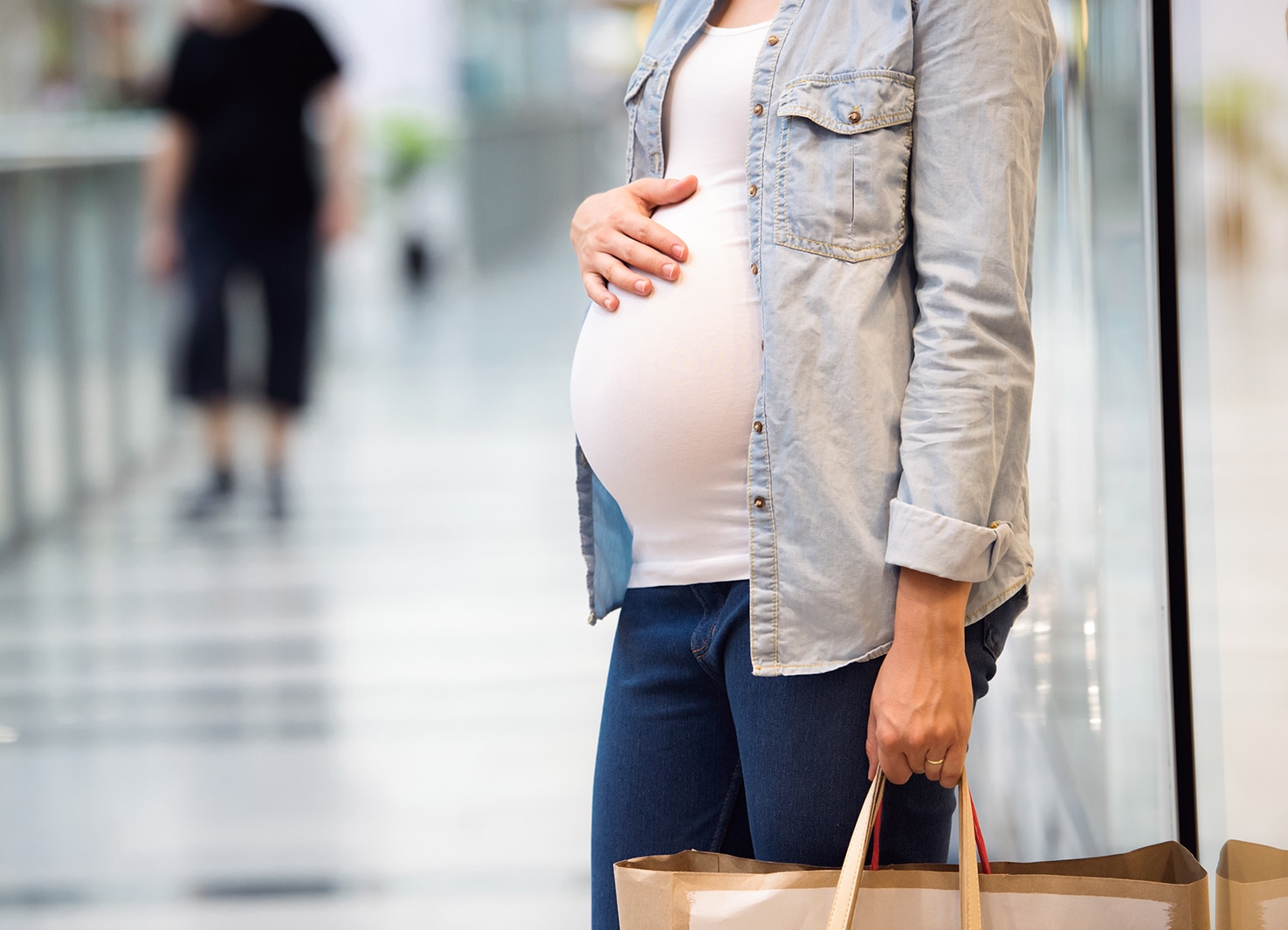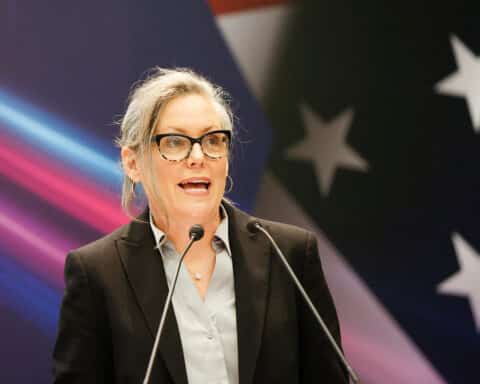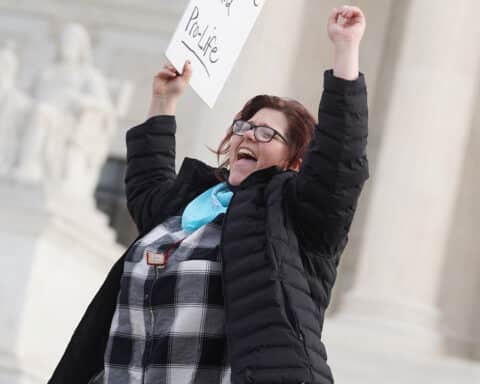You may have noticed that life after Roe v. Wade is chaos. Some of it has to do with lawyers. Some of it has to do with the media. A lot of it has to do with the ideological silos we live in that Pope Francis talks about. It seems we live on different planets — those of us who consider ourselves pro-life and those who consider themselves pro-choice. I used to take a great deal of solace in polls that made clear that people who identify as pro-choice weren’t really pro-abortion — they just wanted to know that women in difficult positions had options. And the pro-life movement has resources. If we could just connect the dots and build bridges, lives would be saved!
But in some ways, it is a lot more complicated now. Lives are being saved in some states. But the confusion is legion. There are lies, too. But instead of going through a litany of despair, this is a time to consider: What more can we do? By “we” I mean each one of us.
Could someone come to you for help?
One of the simplest and most challenging considerations I think about frequently is: If you are known as a pro-life church-going type, do the young people in your life know that they could come to you for help if they ever found themselves with an unplanned pregnancy? I worry I am the last person a mother in crisis would ever come to. She knows I’m pro-life. She would worry I would judge her. We need to do better than that. It so happens that I live in the world and am a sinner and know that things happen. We can teach the ideal and love at the same time.
I frequently talk to pro-life groups on campuses and elsewhere. Often, members who bother to come to talks at the same time have no idea what the closest pregnancy-care center or maternity home is. We need to know what to say when a woman comes to us — if by some miracle she comes to us. Are you a practicing Catholic or other Christian or believer in God? If a teenage girl knocked on your door or whispered in your ear, what would you say to her? Would you embrace her and love her and accept her? The first thing to do is not to say “HAVE THE BABY.” It’s to love her. How can she love her baby if she does not know love herself?
That’s all a long way of saying that life after the Supreme Court’s Dobbs decision that ended Roe requires not only radical hospitality and solidarity but creativity. Single mothers need housing. What are we going to do about that? That’s not a matter for Catholic bureaucracies so much as Catholic households and innovation.
Time for a new witness
In recent days many have once again spent time being confused and frustrated by messaging coming out of the Vatican. St. John of the Cross says we will be judged on love, however. Much of what we worry ourselves with is beyond our power. But making room for a mother and child? Finding a way to show our welcome for life? That’s another story. That’s not talk. That’s the stuff of the Sermon on the Mount.
As we begin a new year, Dobbs should weigh heavy on our hearts, but in a spirit of freedom and love. The media and politics will be what they are. They will pour salt into wounds. But what can we do differently? How can we show love?
Truth be told, people think we don’t care about women and children and families. Some of that is unfair. Some of it isn’t. How many of us have taken in 12-year-old boys in the foster system? Not everyone can. But more of us can.
This is a time for choosing life in new and intimate and profound ways. Pray about it. Think about it. Let’s witness in new ways in this new year. A culture of life and civilization of love is our choice. And children are waiting for our more serious fiat.





